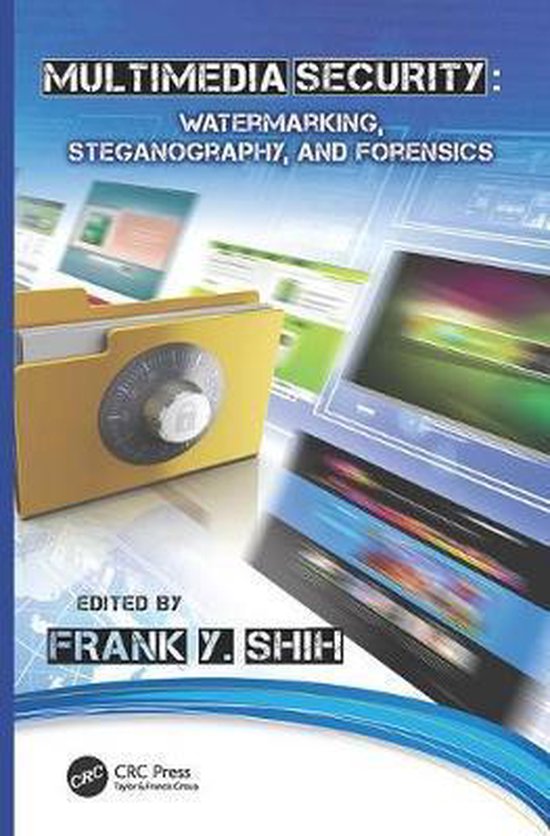Multimedia security

2 - 3 weken
Multimedia Security: Watermarking, Steganography, and Forensics outlines essential principles, technical information, and expert insights on multimedia security technology used to prove that content is authentic and has not been altered. Illustrating the need for improved content security as the Internet and digital multimedia applications rapidly evolve, this book presents a wealth of everyday protection application examples in fields including multimedia mining and classification, digital watermarking, steganography, and digital forensics.
Giving readers an in-depth overview of different aspects of information security mechanisms and methods, this resource also serves as an instructional tool on how to use the fundamental theoretical framework required for the development of extensive advanced techniques. The presentation of several robust algorithms illustrates this framework, helping readers to quickly master and apply fundamental principles.
Presented case studies cover:
The execution (and feasibility) of techniques used to discover hidden knowledge by applying multimedia duplicate mining methods to large multimedia content Different types of image steganographic schemes based on vector quantization Techniques used to detect changes in human motion behavior and to classify different types of small-group motion behaviorUseful for students, researchers, and professionals, this book consists of a variety of technical tutorials that offer an abundance of graphs and examples to powerfully convey the principles of multimedia security and steganography. Imparting the extensive experience of the contributors, this approach simplifies problems, helping readers more easily understand even the most complicated theories. It also enables them to uncover novel concepts involved in the implementation of algorithms, which can lead to the discovery of new problems and new means of solving them.
- 1 Bekijk alle specificaties
Taal: en
Bindwijze: Paperback
Oorspronkelijke releasedatum: 29 maart 2017
Aantal pagina's: 423
Illustraties: Nee
Hoofdredacteur: Frank Y. Shih
Hoofduitgeverij: Crc Press
Extra groot lettertype: Nee
Product breedte: 156 mm
Product lengte: 234 mm
Studieboek: Nee
Verpakking breedte: 156 mm
Verpakking hoogte: 234 mm
Verpakking lengte: 234 mm
Verpakkingsgewicht: 612 g
EAN: 9781138072541